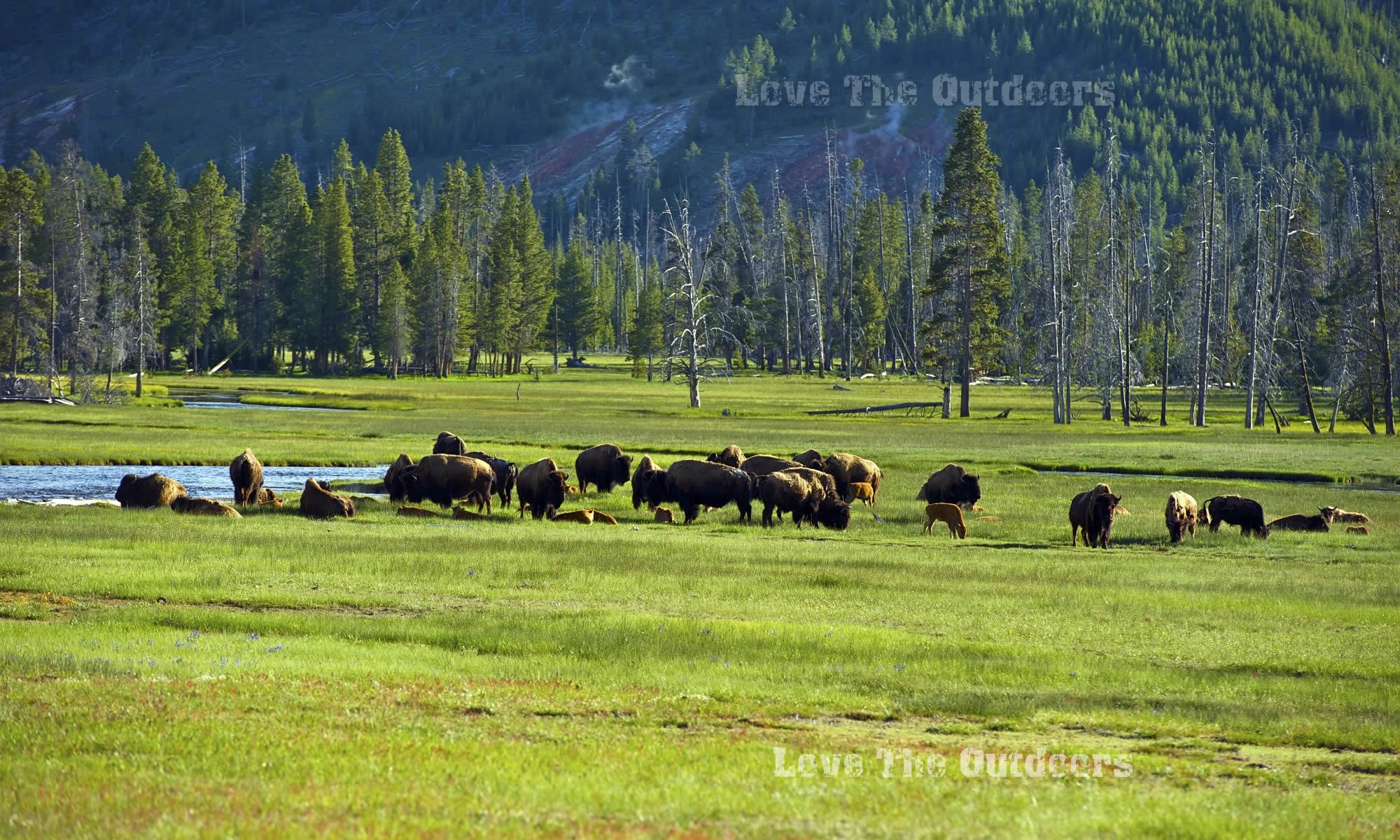Curvatures
Stream bed curvatures give origin to different types of fish holding places to form. The outside bends or greater curvatures receive the currents scouring actions. High flows cause a deepening of the riverbed channel. During low water conditions holes

and deep runs are present along with undercut stream banks. These quickly become favored fish holding places.
The inside or lesser curvature induces deposition of items carried by the currents. Here away from the main flow, food items settle. In addition, drifting insects are concentrated.
Current seams are found as junctures between swift and slow flows; furthermore, these seams can become favored lies that continually hold fish. Seams occur at both the great and the lesser stream curvatures. Seams are created by the shearing between fast currents and slower currents.

Islands generate additional current seams. Fish prefer the islands seams because of a bonus of terrestrial insects coming from the islands vegetation. An islands placement provides a sort of a wing foil with different current speeds on each side. The current seams occur on both upstream sides, along side, and downstream. The islands vegetation enhances its bank side cover. Stream braiding further enhances both the number of current seams and the bank side cover. The placement of an upstream riffle generates an open refrigerator door with insect emergence settling down back to the island. My favorite streams have lots of islands and channels because these structures enhance the number of fish producing lies.
A single island produces at least four different current seams along with two of them further enhanced by bank side cover and undercut banks.
Even small islands with limited cover enhance the streams habitat. Here, mini current shears, channels and undercutting provides pocket water lies.
Don’t overlook small side channels in a large river system. A pre-requisite for productive habitat is a prior history of stable flows. It takes some time for fish to relocate and if the minor channel has been recently de-watered.

© 2026 The Gale Group, Inc. All rights reserved.
© 2026 Perigee Learning LLC. All rights reserved.
LoveTheOutdoors.com is owned and operated by Advameg, Inc. © 2026 Advameg, Inc.
Camping Adventures • Dutch Oven Cooking • Sports Knots
Fly Tying • Freshwater Fishing • Fly Fishing

